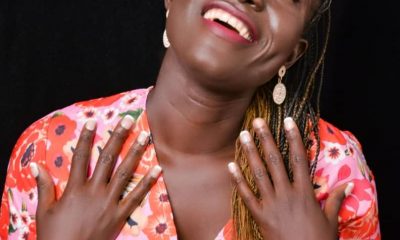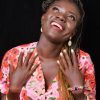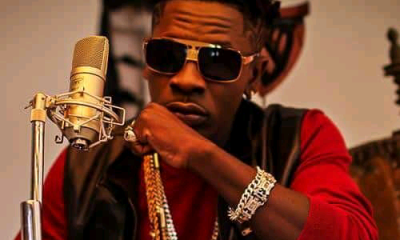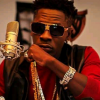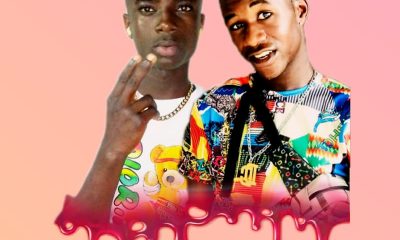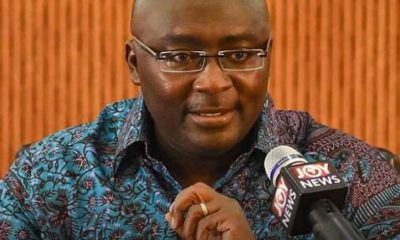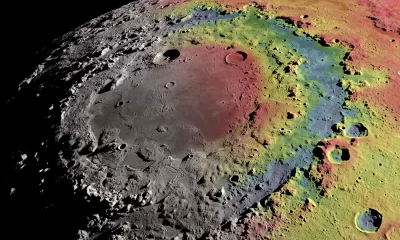Music
Do Africans Have to love African Music
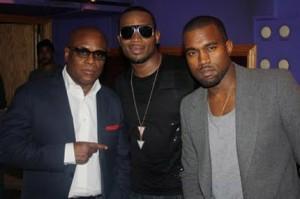 My travels started long before my passport was adorned with visas and stamps. Tupac introduced me to California, Juvenile schooled me on grills and the ‘Dirty South’, TLC brought me the soul, sass, and swing of Atlanta; Eminem was a bit of a curveball, but suddenly a Ugandan girl like me had heard of Detroit.
My travels started long before my passport was adorned with visas and stamps. Tupac introduced me to California, Juvenile schooled me on grills and the ‘Dirty South’, TLC brought me the soul, sass, and swing of Atlanta; Eminem was a bit of a curveball, but suddenly a Ugandan girl like me had heard of Detroit.
Not to forget the waves in popular culture that were synonymous with certain cities. I remember during the Neo-Soul wave when music was bursting out of Philadelphia. We all knew those lyrics where US area codes were called out; I danced along to the music and put my hands in the air for the most familiar area code, but it was my area code only vicariously.
Yes my examples are American – I’m going somewhere with that. You see, when I think of patriotism I can’t help but think of America, the love Americans have for all things American, good and bad.
The necessary independence and separateness of our fifty plus countries in Africa exists at the opposite end of the spectrum to the unified fifty states of America. Our languages, influences and cultures are so varied that I often wonder if having African patriotism as far as music is concerned isn’t a far-fetched notion. In other words, can African music and artists from wherever in Africa feel the love from all parts of the continent?
When D’banj and Don Jazzy were signed to Kanye West’s G.O.O.D Music, I got that hand on heart patriotic feeling; my African pride was flying high. But I also remembered an occasion from an earlier time in London, listening to some music with some friends who’d just returned from holiday in their homeland, Nigeria. They’d wanted me to hear this “new artist” who was blowing up in Lagos, and they played me D’banj’sTongolo hit,
I was completely uninterested. I understood their need for nostalgia and connection with “home”, but I didn’t detect the talent; neither did I share the “connection” they made with their fellow Nigerian. Fast forward ten years later and I’m Team D’banj. I can’t lie and claim to be a diehard fan, I’ve never bought his music or gone to a concert, but I am watching him win and I suppose everyone wants to support a winning team.
I don’t want to hype an artist because America has noticed them but in the same token I can’t pretend it doesn’t mean anything, because it does. Every era has its share of history-making artists. Who gets the most Grammys, who is the highest on the billboard charts, who sells millions of records, etc. But any African artist trying to make it beyond their country now has to be inspired by Nigerian artists making Nigerian music, speaking Nigerian slang and ending up in a room with Jay-Z signing a record deal with Kanye West. It’s the American dream without the compromise, because you can still be yourself, still be African.There was a time where London meant The Beatles and there was a time it meant Amy Winehouse. A time when Nigeria meant Fela Kuti and a time, our time, when it means D’banj. The major difference lies in the space between memorable marks in particular musical genres. Even though African artists are making memorable marks in what some persist in calling “World Music”, with the likes of Femi Kuti and Ladysmith Black Mambazo announced as Grammy nominated artists for 2012, it is taking slightly longer for African artists to make their marks in the Pop, R&B and Hip-Hop categories. Our marks in pop culture are few and far between — we are waiting for the next Akon. And the next. But not in ones and twos; we need numbers to make the impressions deep and numerous.
Do Africans have to love African music? Not really, but for the first time in my lifetime African artists are starting to register on the global pop culture register in a way that not only makes it possible for an entire continent to identify with them and take pride in them, but also to realise — with the help of media outlets — that we too have a unifying pop culture — or at least the beginnings of one — and all of this makes the love for African music a much greater possibility today than it has ever been.
by Melinda Ozongwu – Permission to re-publish from



